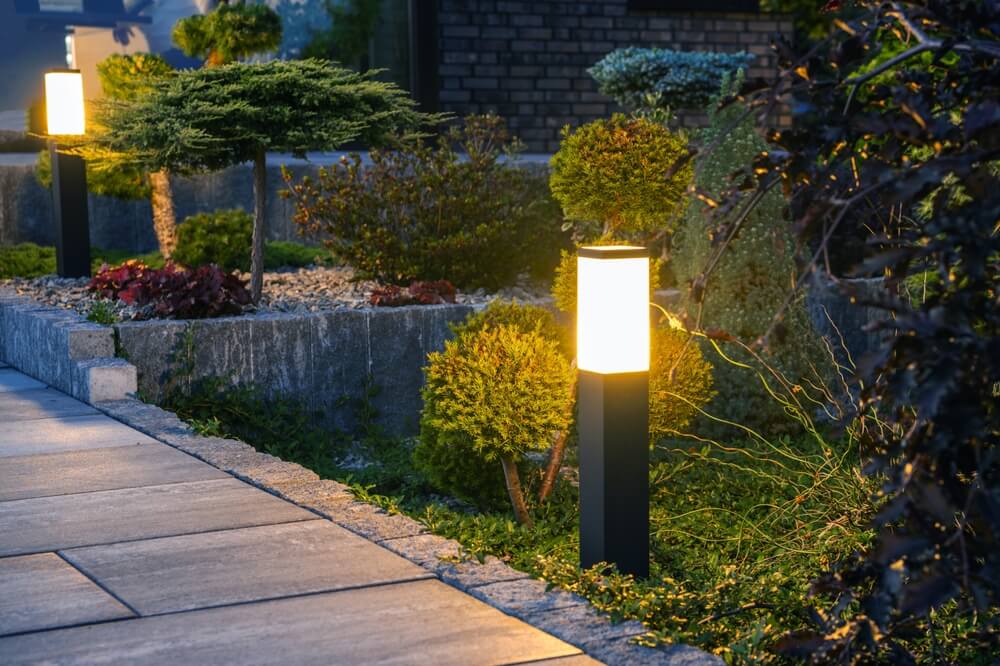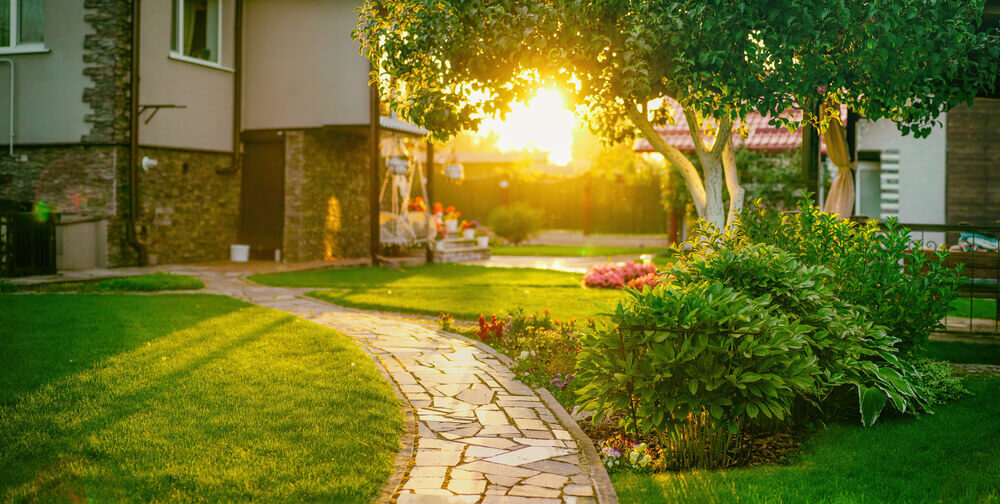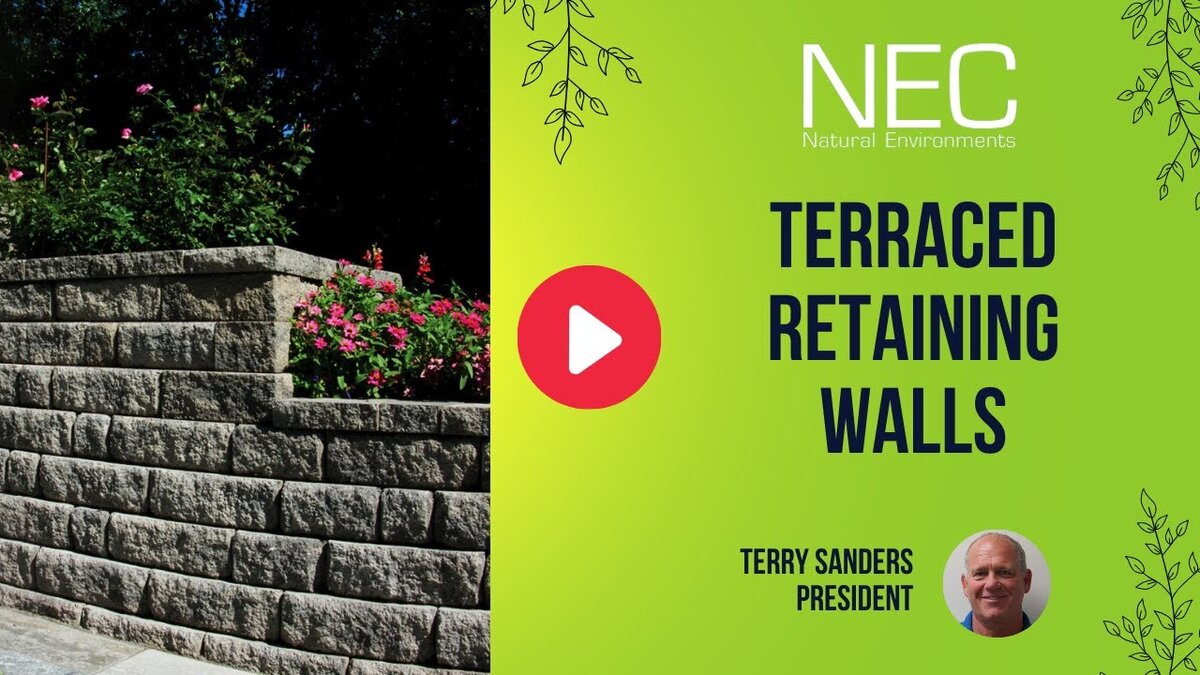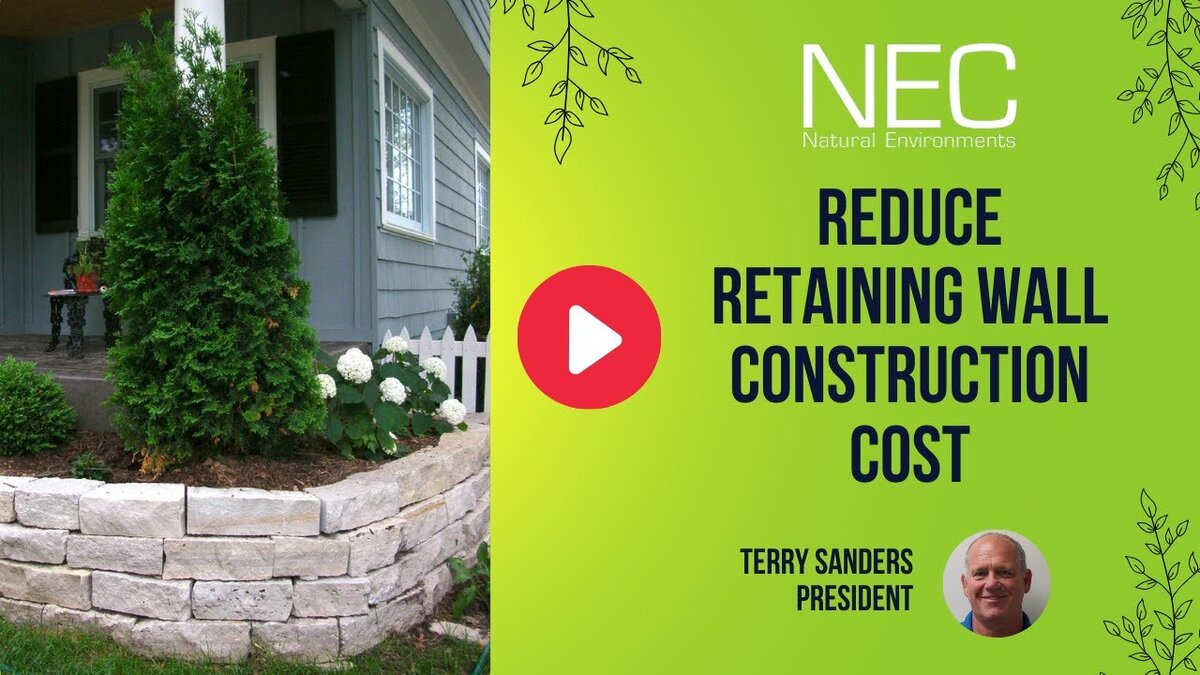Landscaping, more than just a way to enhance the aesthetic appeal of your property, serves as an extension of your home, reflecting your tastes and preferences. Planning a landscape design requires more than just a vision – it requires thoughtful consideration of various factors to ensure the design fits harmoniously with your surroundings and lifestyle. Below, we’ll explore the essential factors to keep in mind when embarking on your landscaping design journey.
Personal Preferences

Recognizing Your Taste
At the heart of any landscape design is a personal touch. After all, as the old saying goes, beauty lies in the eyes of the beholder. As the most significant factor, start by asking yourself: what do you like? What aesthetics or elements resonate with you?
Seeking Inspiration
One way to answer this is to spend time exploring other landscapes in your community. Take note of the designs that appeal to you, snap photos, or browse online for inspiration. Sharing these with your landscape designer can provide a clear direction for your project.
Architecture of the House
Aligning with Architectural Style
A successful landscape design should complement the architecture of your home. For instance, a modern-looking house might not pair well with a rustic cabin landscape. Think of your home and landscape as a cohesive unit, where one plays off the other.
Enhancing Existing Features
Look at the existing architectural features of your home. Maybe there’s a unique archway or a specific color scheme. Your landscape can be designed to echo these features, creating a seamless blend between built structure and natural environment.
Considering the Environment: Urban vs. Suburban vs. Rural
Every environment has its charm and challenges. An intense urban setting may call for a different landscape approach compared to a more expansive suburban or rural area.
Embracing Your Environment
Your surroundings play a pivotal role in determining your landscape’s feel and functionality. In urban settings, think of pocket gardens, vertical greenery, or noise-reducing plants. In contrast, a suburban or rural landscape might allow for expansive lawns, larger trees, or even water features.
Local Regulations
Many communities have specific rules and regulations regarding landscaping – from the types of plants you can grow to the construction of structures like fences or water features.
Before finalizing your design, ensure you’re familiar with any local restrictions. This not only avoids potential legal issues but also ensures your design feels integrated with the broader community aesthetic.
Site Conditions
Assessing the Lay of the Land
Evaluate the topography, soil type, sunlight availability, and other physical conditions. For instance, a sloped yard might be perfect for terraced gardens or waterfalls, while a shaded area could be ideal for shade-loving plants.
Prioritizing Privacy
If you’re close to neighbors or on a busy street, consider elements like fences, hedges, or tall plants to provide privacy and reduce noise.
Conclusion

Planning a new landscape design is an exciting endeavor. By considering what you like, your home’s architecture, the environment, local regulations, and site conditions, you’re on your way to creating a space that’s not only beautiful but also uniquely yours.
Remember, the goal is to create a harmonious extension of your living space that you’ll cherish for years to come. If you need professional advice or assistance, don’t hesitate to contact Natural Environments Corporation today. We’re committed to helping you bring your vision to life.



